

As of 2025, the World Health Organization has determined that 99% of the global population is exposed to air pollutants. The smallest of these particles, measuring 2.5 microns, enter the body through the lungs and bloodstream, causing over 7 million deaths annually. This alarming statistic is one reason why solving the problem of air pollution has become a key trend in the sustainable development strategies of most countries. Below, we explore current initiatives to reduce air pollution and the role of string transport in this effort.
Member states of the United Nations—now encompassing nearly all sovereign nations—first acknowledged the environmental impact of human activity at the 1992 Earth Summit. It was there that the initial environmental protection goals were formulated and approved, forming the foundation of today’s global ecological movement.

The International Organization for Standardization (ISO) develops voluntary standards that often become national regulations due to widespread adoption. For example, ISO 14001 is an environmental management standard aimed at improving global environmental conditions through legal frameworks.

In addition to global organizations, each progressive country has its own institutions monitoring environmental conditions. In the U.S., this is the Environmental Protection Agency (EPA), whose policies vary by state. In the EU, the European Environment Agency sets emission standards enforced by legislation.
According to a recent report by Swiss air quality monitoring organization IQAir, which collects data from over 30,000 stations worldwide, only 7 out of 134 registered countries currently meet the PM2.5 standard. This is despite the WHO lowering the acceptable concentration of pollutants from 10 to 5 micrograms per cubic meter of air. The main pollutants include sulfur dioxide (SO2), particulate matter (PM10), carbon monoxide (CO), ozone (O3), nitrogen dioxide (NO2), and lead (Pb).
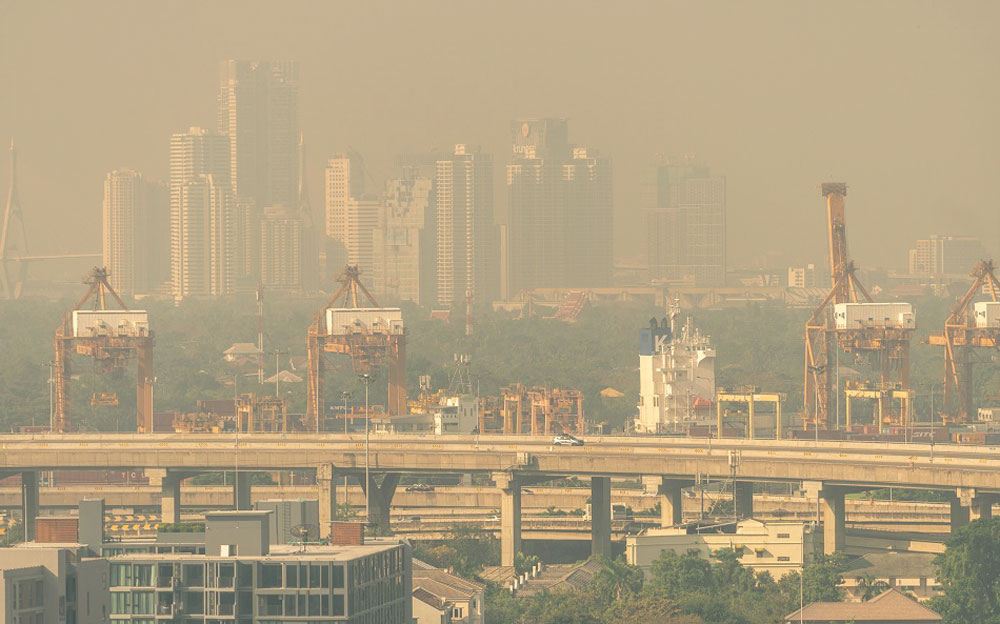
Reasons for failing to meet air quality standards vary. For example, in China, pollution levels increased by 6.5% due to economic activity and production growth as part of the recovery from the COVID-19 pandemic. In Canada, it was due to large-scale forest fires, and in Africa, Pakistan, and India, it was due to high consumption of fossil fuels by the population for basic household needs (heating homes and cooking).

Still, scientists continue to identify internal combustion engine (ICE) vehicles as the primary source of air pollution and greenhouse gas emissions. IQAir representatives urges all nations to take emergency measures to preserve the environment: reduce urban dependence on cars, revise forestry practices, and accelerate the transition to clean energy instead of fossil fuels.
As mentioned earlier, reducing harmful emissions will require a dramatic transformation of urban landscapes. This means rethinking cargo and passenger transport systems and uST transport infrastructure complexes are ideally suited for the task.

According to UK government data on energy security and Net Zero goals, average emissions per person by transport type are: diesel car – 246 g/km, bus – 97 g/km, hybrid car – 68 g/km, electric car – 47 g/km.
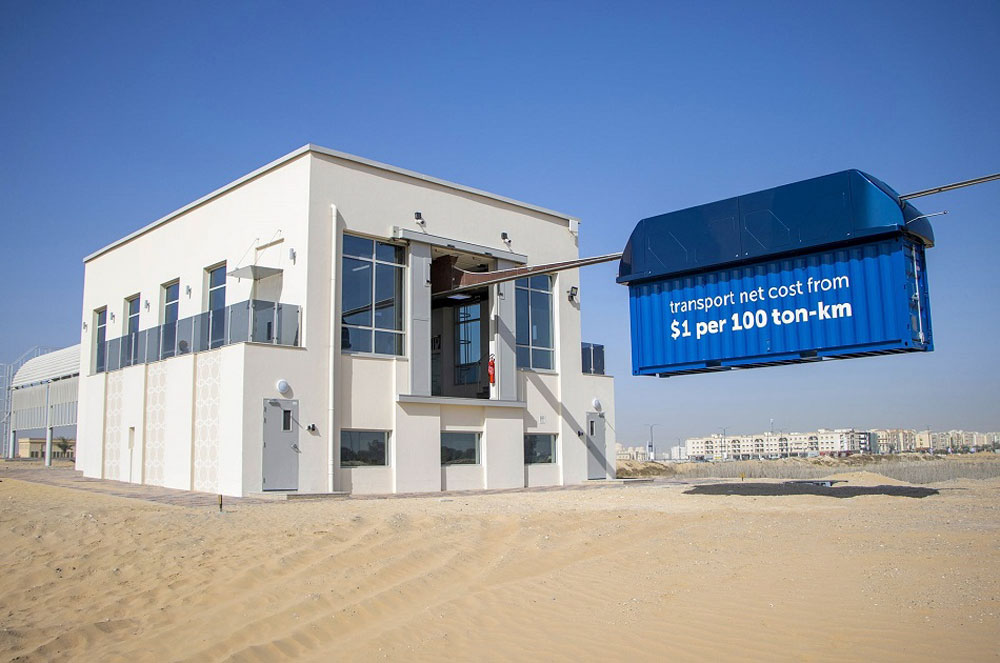
Thus, only uST (uPods) unmanned vehicles are used on string rail tracks. These vehicles are electrically powered and, unlike ICE cars, do not produce harmful emissions. This applies to the entire overpass, eliminating localized air pollution during rush hours and traffic jams.
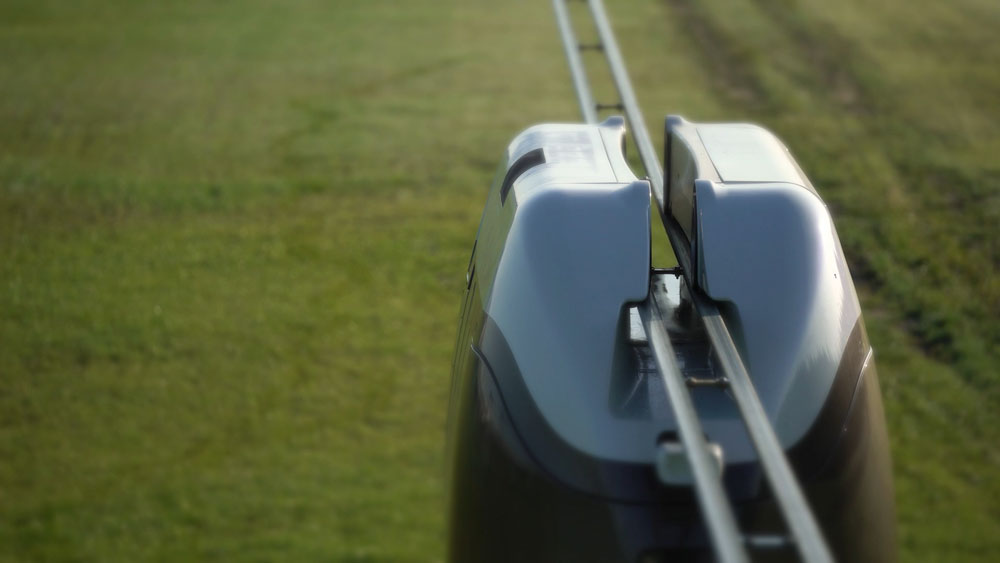
uPods use specially designed steel wheels that generate virtually no fine particulate matter when moving along steel rails. In contrast, pneumatic tires used in most ground transport release wear particles containing soot, benzopyrene, phenols, and over a hundred other carcinogens due to friction with asphalt.

Additionally, string rail tracks require minimal land use, allowing construction even in areas with strict environmental restrictions. Their maintenance doesn’t involve de-icing chemicals, further reducing environmental impact. Supporting towers can be spaced up to 2 km apart, enabling the track to pass over residential, industrial, and major roadways.
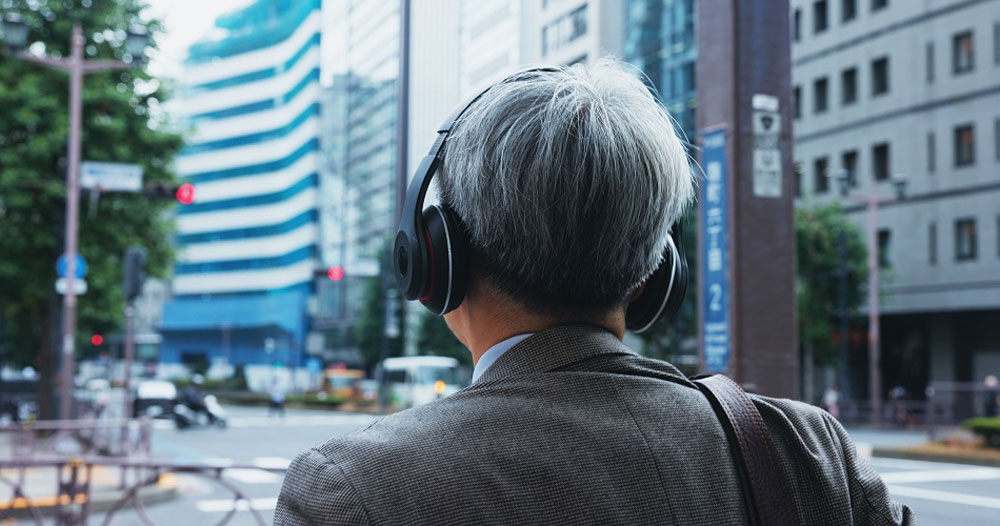
Let’s not forget noise pollution, a constant companion of urban life. It affects not only fatigue but also health, contributing to cardiovascular disease and mental disorders. Subway passengers face the most intense noise attack, with in-car levels reaching 95–100 dBA, far above the safe threshold of 80 dBA. Trams average 83–84 dBA, while uPods operate at just 68–69 dBA, making them both comfortable and safe.
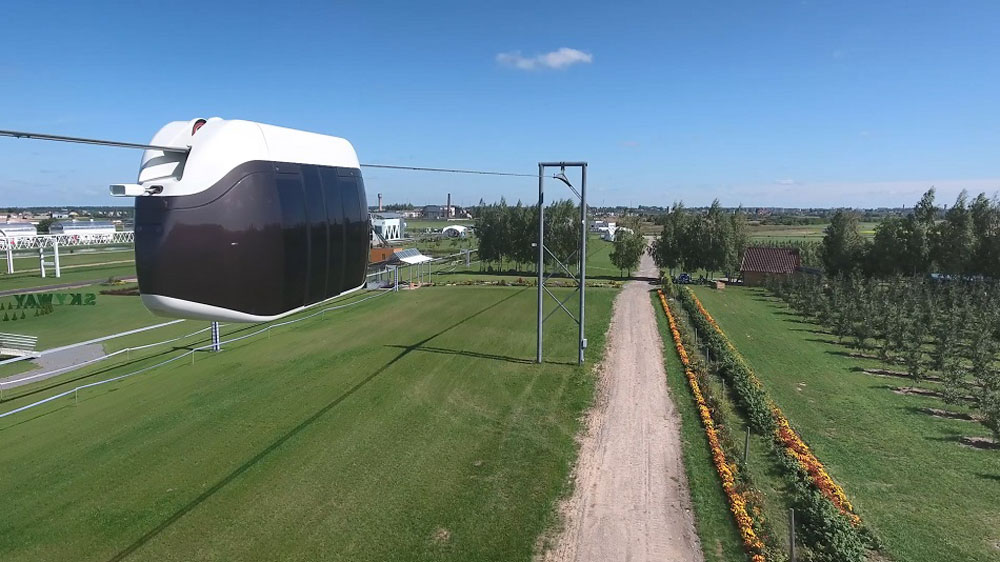
Thus, uST transport infrastructure complexes are not just efficient logistics solutions—they’re tools for ecological improvement. String rail systems help preserve environmental purity even amid urbanization. The uST technology promises to make cities more mobile while safeguarding the health of their inhabitants.
This form asks for your consent to allow us to use your personal data for the reasons stated below. You should only sign it if you want to give us your consent.
Who are we?
The name of the organisation asking you for consent to use your information is:
Global Transport Investments
Trident Chambers, P.O. Box 146, Road Town
Tortola
British Virgin Islands
We would like to use the following information about you:
Why would we like to use your information?
Global Transport Investments would like to send this information to company registry, inform you about its news, for refund purposes.
What will we do with your information?
We store your name, address, ID Data, date of birth into company registry. We will share your e-mail & phone number with IT Service (https://digitalcontact.com/), SMS Center (http://smsc.ru). They will add your details to their mailing list and, when it is news update, they will send you an email or sms with details. We store your credit card number for possible refunds.
How to withdraw your consent
You can withdraw the consent you are giving on this form at any time. You can do this by writing to us at the above address, emailing us at the address: [email protected] or by clicking on the unsubscribe link at the bottom of emails you receive.
This privacy notice tells you about the information we collect from you when you sign up to receive our regular newsletter via our website. In collecting this information, we are acting as a data controller and, by law, we are required to provide you with information about us, about why and how we use your data, and about the rights you have over your data.
Who are we?
We are Global Transport Investments. Our address is Trident Chambers, P.O. Box 146, Road Town, Tortola, British Virgin Islands. You can contact us by post at the above address, by email at [email protected].
We are not required to have a data protection officer, so any enquiries about our use of your personal data should be addressed to the contact details above.
What personal data do we collect?
When you subscribe to our newsletter, we ask you for your name and your email address.
Why do we collect this information?
We will use your information to send you our newsletter, which contains information about our products.
We ask for your consent to do this, and we will only send you our newsletter for as long as you continue to consent.
What will we do with your information?
Your information is stored in our database and is shared with with IT Service (https://digitalcontact.com/), SMS Center (http://smsc.ru). It is not sent outside of the Euro. We will not use the information to make any automated decisions that might affect you.
How long do we keep your information for?
Your information is kept for as long as you continue to consent to receive our newsletter.
Your rights over your information
By law, you can ask us what information we hold about you, and you can ask us to correct it if it is inaccurate.
You can also ask for it to be erased and you can ask for us to give you a copy of the information.
You can also ask us to stop using your information – the simplest way to do this is to withdraw your consent, which you can do at any time, either by clicking the unsubscribe link at the end of any newsletter, or by emailing, writing us using the contact details above.
Your right to complain
If you have a complaint about our use of your information, you can contact the Information Commissioner’s Office.
Rate and Comment
You can assess the importance of a particular publication and the level of its preparation. Share your opinion in the comments!